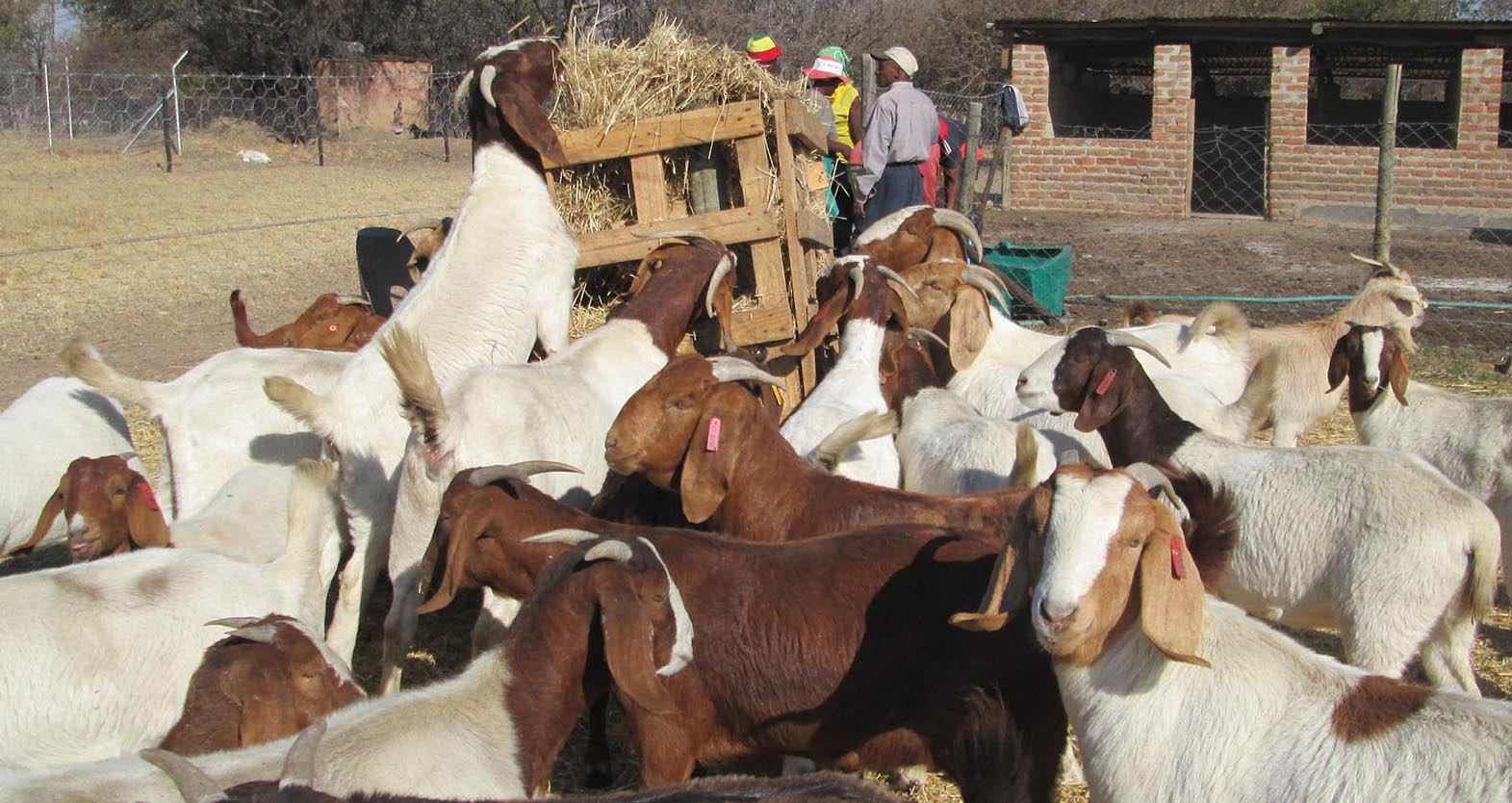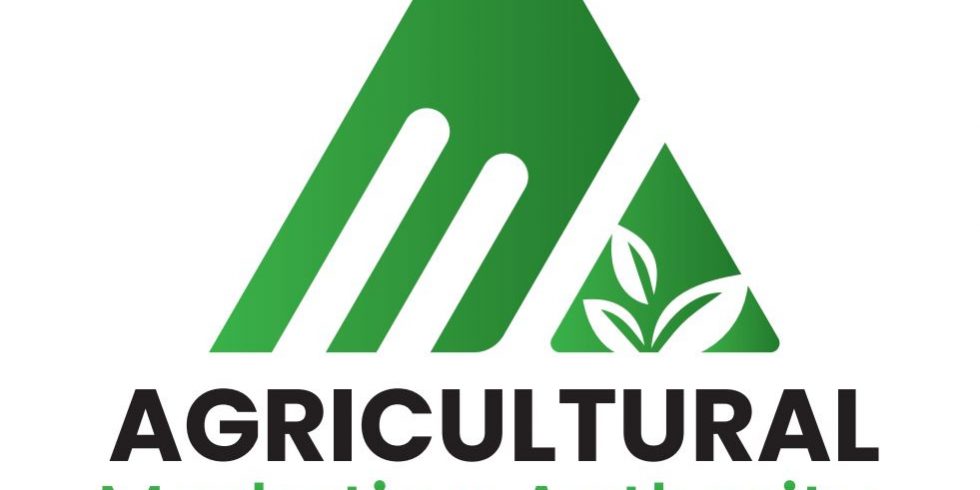
By Lindani Ncube
Given the country’s climatic conditions, one would expect that goat farming would be one of Zimbabwe’s top farming ventures.
However, statistics indicate that the national goat herd has been on a decline in recent years. The government and some development partners have been on the drive to boast the breeding stock, numbers, and quality.
A local company, Michview Enterprises has complemented government efforts to boast the national goat herd. The firm breeds Boer, Kalahari Red and Matabele goats. It works with small-holder farmers and other stakeholders to commercialise goat production targeting the export market. More Zimbabweans can eke a living from goat farming, especially if the country develops its genetics that thrive well in local environments.
In this drive it is therefore important to concentrate on critical issues that lead to a successful goat farming enterprise, especially among the small-holder goat farmers. It is true that demand for goat meat outstrip supply by over 80% locally and on the international market.
https://www.sundaymail.co.zw/goat-production-a-viable-farming-enterprise
Fodder
Fodder production is crucial in goat farming as it ensures adequate nutrition for growth and development, which ultimately results in better health and productivity. Zimbabwe, like many other developing countries, has a large population of small-holder farmers who rely heavily on livestock production, including goat farming. In this regard, fodder production is an essential component of small-holder goat farming. Usually, farmers concentrate on cattle fodder forgetting goats.
Fodder refers to any plant material that is grown specifically for feeding livestock. Examples of fodder commonly grown in Zimbabwe include grasses such as napier and Rhodes, legumes such as cowpeas, velvet beans and clover, and crops such as maize and sorghum. These types of fodder are rich in nutrients such as carbohydrates, proteins, and minerals, which are essential for the health and growth of goats.
Good nutrition is critical in goat farming as it directly affects the growth, reproduction and productivity. Inadequate nutrition, on the other hand, can lead to stunted growth, higher mortality, and decreased production, which can have a significant impact on incomes. Fodder production plays a critical role in providing the necessary nutrients needed for growth and development in goats. Fodder production helps ensure that goats have access to a balanced diet that meets their nutritional requirements, regardless of whether grazing land is available or not.
Moreover, good health is an essential consideration in goat farming. In many instances, small-holder farmers do not have the resources to provide proper healthcare for their goats, and this can lead to losses. Fodder production can help maintain good health in goats by providing essential nutrients and increasing resistance to diseases.
Marketing is another important consideration for small-holder goat farmers in Zimbabwe. Many of these farmers rely entirely on their goats for income generation. Therefore, it is crucial to market products effectively to increase their income. Small-holder goat farmers can increase their income by producing high-quality goats that meet market demand.
Cross breeding
Cross breeding of indigenous goats with exotic breeds like Boer and Kalahari is another practice that can significantly improve income to small-holder goat farming. Indigenous goats are primarily kept for subsistence purposes as they have low weight gain and reproduction rates. By crossbreeding with exotic breeds, such as Boer and Kalahari goats, farmers can improve the genetic makeup of their goats to improve their weight gain and reproduction rates, which ultimately lead to increased productivity.
Through the implementation of these practices, small holder goat farmers can improve their overall performance and compete at the marketplace, ultimately leading to better livelihoods for farmers and their communities.
Good housing is also essential for the success of a small-holder goat farming enterprise. Goats require good shelter – to be protected from predators and other weather hazards. In Zimbabwe, common housing structures for small holder goat farming include simple structures made from locally available materials such as mud bricks, thatch, and bamboo. It is important to ensure that housing structures are well-ventilated, clean, raised floors and free from pests and diseases.
Good animal health is critical for the long-term sustainability of a goat farming enterprise. Goats are susceptible to a variety of diseases and parasites, including respiratory infections and external parasites such as ticks and lice. It is important to develop a sound animal health management plan that includes regular vaccinations, deworming, and other preventative measures. Clean water, and appropriate housing are key components of a comprehensive animal health management plan.
Sustainable goat farming is an important economic activity that can provide food and income for many, especially rural households. To ensure the sustainability of a goat farming enterprise, it is important to pay attention to several key factors, including fodder production, housing, and animal health. By implementing appropriate animal husbandry practices and animal health management strategies, goat farmers can improve the productivity and profitability of their enterprises, while also contributing to the food security and economic development as enunciated in the National Development Strategy 1.
Goats are generally easier and cheaper options for livestock production as the can thrive even in difficult conditions where there is less water. Goats can withstand drought conditions better than cattle and they can thrive even on shrubs and require less manpower to tend them.
Lindani Ncube is Michview Enterprises operations manager.
Word from the market is a column produced by the Agricultural Marketing Authority (AMA) to promote market-driven production of agricultural products. Feedback cchiduku@ama.co.zw or WhatsApp +263781706212.





